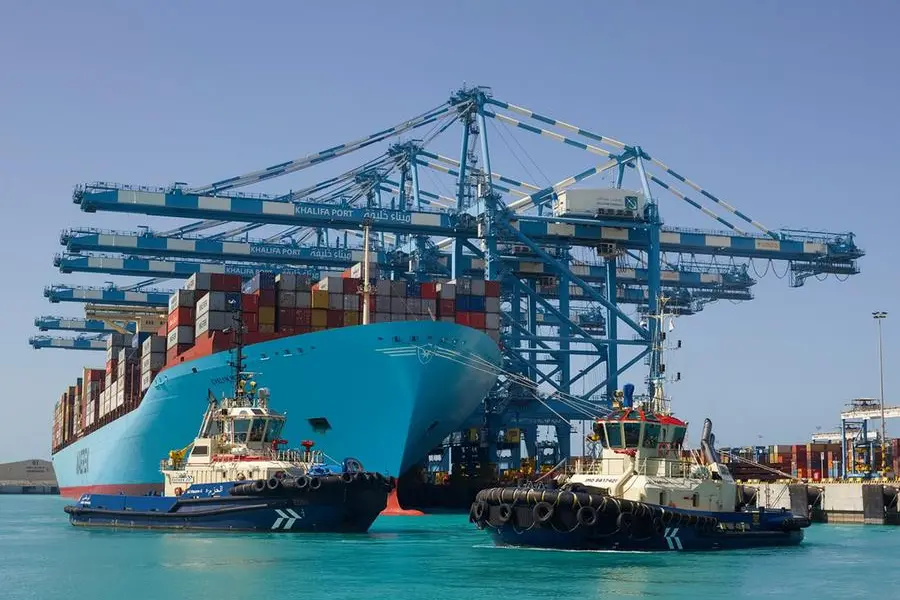PHOTO
If this year has taught us anything about climate change it is that time is not our friend. From the hottest summer on record to a series of extreme weather events, 2023 has shown us the importance of COP28 delivering pragmatic solutions that will fast-track the net-zero transition.
The financial sector at-large has a critical role to play in this endeavour. Aligned to their sustainability objectives, asset owners and investors, in particular, can expedite the transition to a low-carbon economy by directing capital to sustainable initiatives.
To do this effectively, the financial ecosystem requires consistent, reliable, and decision-useful climate data, critical information that has historically been challenging for investors to find. LSEG data shows that of the approximately 4,000 large, listed companies that make up the FTSE All-World index, 40% do not disclose their operational carbon emissions. A gap of this size will make it difficult for investors to monitor and reduce the carbon emissions aligned to their investment objectives.
An important step towards addressing this challenge was taken earlier in the year when the International Sustainability Standards Board (ISSB), which sits under the International Financial Reporting Standards (IFRS) Foundation, published its inaugural disclosure standards – IFRS S1 and IFRS S2. The ISSB’s work has consolidated broader reporting frameworks into one integrated global baseline, simplifying the ask for companies.
LSEG hosted the UK launch of the standards at London Climate Action Week in June, and the market’s support for the ISSB was abundantly clear. At the event, the Principles for Responsible Investment, an UN-supported organisation with more than 5,000 investment organisation members across over 80 countries, joined LSEG in calling for the global, economy-wide adoption of the ISSB’s standards by 2025. IOSCO also moved rapidly to endorse the two inaugural ISSB standards, a promising precursor for widescale regulatory adoption.
Beyond helping to enhance climate disclosures, the ISSB’s standards also reference climate transition plans. Climate transition plans enable companies to have consistent and effective frameworks through which to manage climate risks to their business and are a key part of the puzzle when it comes to delivering real-world emissions reductions from the private sector. These plans also enable companies to provide investors with the forward-looking information that they need to inform their sustainable investment decisions, further increasing effective engagement between investors and the companies helping to drive the net-zero transition.
But there are still significant gaps in transition plan disclosures. When LSEG looked at FTSE All-Share companies, which covers UK-listed companies, we found that while 68% had disclosed net-zero targets, less than 20% had established a transition plan. This gap was a key driver behind our support of the commitment by the UK Government at COP26 to set up the Transition Plan Taskforce to enable the publication of transition plans across the economy.
However, given that reporting rules being implemented across markets will take some years there remains, in the interim, a real need for voluntary initiatives that improve the consistency, quality and availability of climate data.
This is where the Net Zero Data Public Utility (NZDPU), the first global, centralised, open repository of verifiable private sector climate data comes in. Oversight of this platform comes from the Climate Data Steering Committee, an initiative that was launched by French President Macron and Mike Bloomberg that has brought together leading policymakers, standard setters, and regulators.
The proof of concept for the NZDPU, covering around 400 companies sourced from CDP (Formally known as the Carbon Disclosure Project) will be launched at COP28. It can play an important role in providing open and centralised access to companies’ core climate data. If widely adopted, the NZDPU will enable a wide range of stakeholders, including corporates, financial institutions, and governments, to more effectively monitor and advance progress toward net-zero.
With the launch of the ISSB standards in June and the NZDPU proof of concept at COP28, 2023 could prove to be a transformational year for sustainable finance. The onus will be on stakeholders to address climate data gaps proactively. Improving access to transparent, consistent and reliable climate data is a necessity if we are to build a more sustainable future.
David Schwimmer is the CEO of LSEG, a global financial markets infrastructure, data and analytics company. He joined the LSEG in August 2018, having spent 20 years at Goldman Sachs in a number of senior roles, most recently as Global Head of Market Structure and Global Head of Metals & Mining. He also served as Chief of Staff to Lloyd Blankfein – then President and COO of Goldman Sachs – and spent three years in Russia as Co-Head of Russia/CIS. Before joining Goldman Sachs, he practiced law at Davis Polk & Wardwell.























